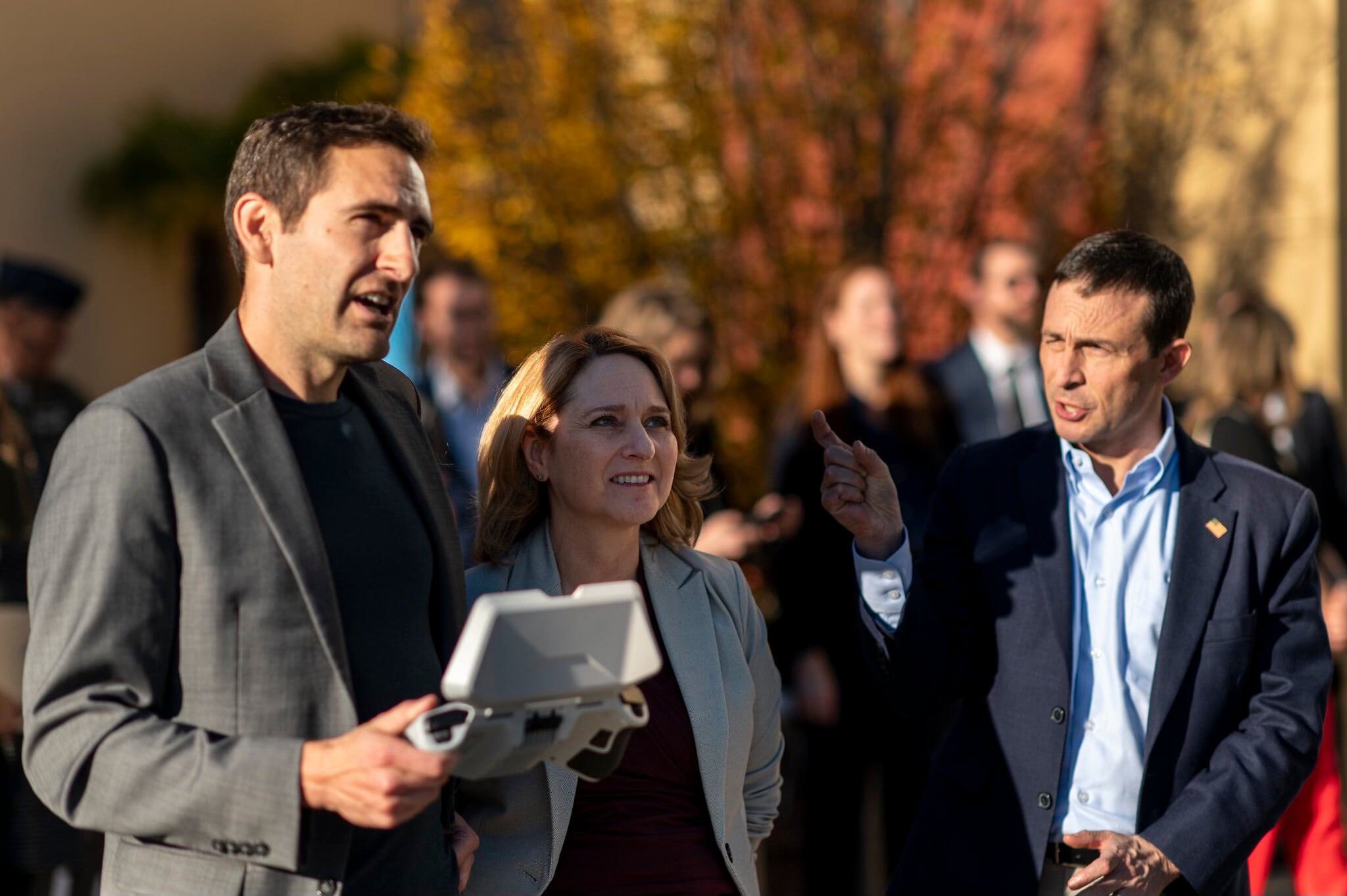WASHINGTON — The U.S. Air Force expects to improve research and training around information warfare with a new organization established March 22 by Air Combat Command.
The Information Warfare Training and Research Initiative Detachment is a hybrid wing-level organization designed to connect airmen from multiple locations as they accelerate readiness. It is a subordinate unit of the 55th Wing at Offutt Air Force Base in Nebraska. The wing provides intelligence, surveillance, reconnaissance, electronic warfare, communications, and nuclear command and control.
The new detachment, also known as Detachment 1, will conduct training and research events to help prepare the Air Force for operations in the information environment and electromagnetic spectrum. It will also operate out of the 67th Cyberspace Wing at Joint Base San Antonio in Texas.
The detachment is the result of three years of experimenting by Air Combat Command, the Air Force Research Laboratory, Secretary of the Air Force Concepts, Development and Management office, and academic groups to improve the service’s approach to information warfare training and research. Those teams collaborated to conduct 22 information warfare events all over the world, helping them develop its new model.
“We’ve adapted a ‘build, learn, correct, repeat’ model,” Col. Christopher Budde, chief of ACC’s information warfare division, said in a statement. “We are experimenting with sustainable processes and events in quick succession to scale conceptual ideas, operationally test them, then integrate these processes across the larger federated enterprise.”
The new model allows the Air Force to conduct training events more often while integrating personnel from all over the globe. The group’s most recent event saw airmen from 34 organizations spread across 23 locations collaborating on an intelligence, surveillance and reconnaissance mission.
“The distributed nature of the events means they can be conducted more frequently, can be ongoing, and members can participate in multiple iterations,” Budde said. “If a unit is unable to participate in an event, they can jump back into a future iteration when available, but the challenges in the information environment continue, and the teams have to respond with the capabilities available.”
Nathan Strout covers space, unmanned and intelligence systems for C4ISRNET.






